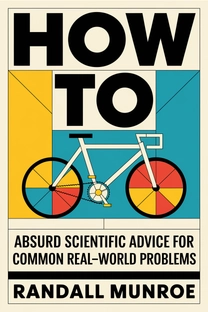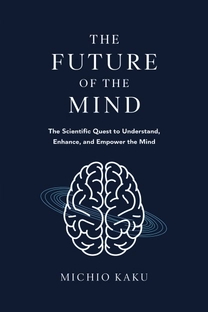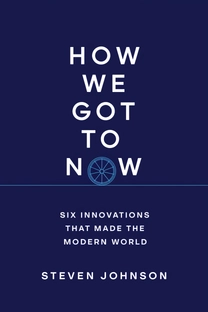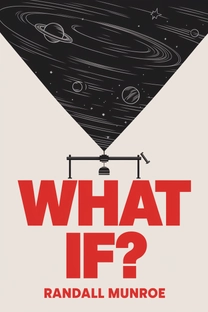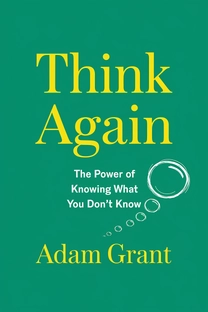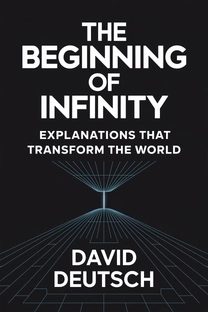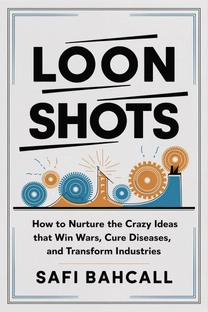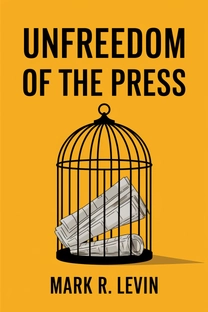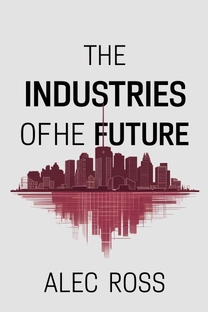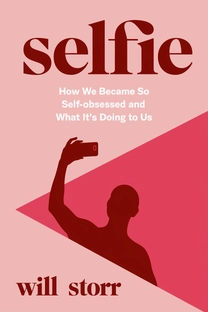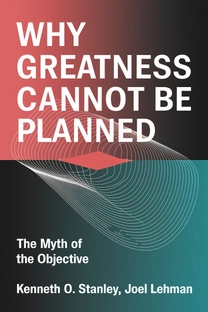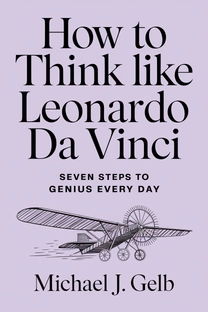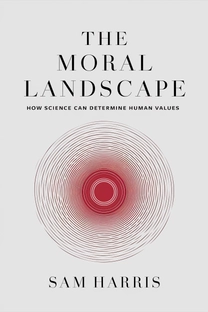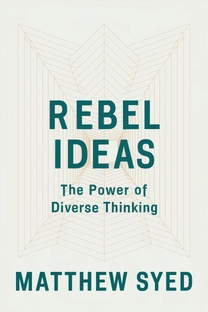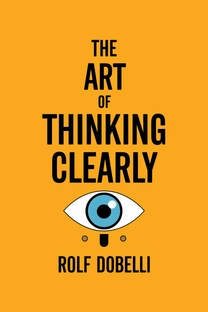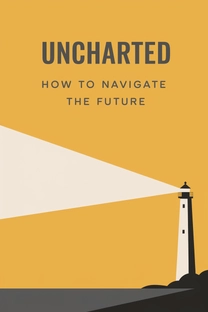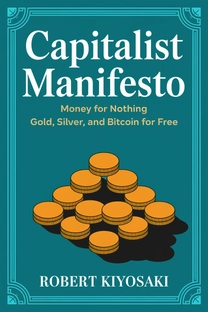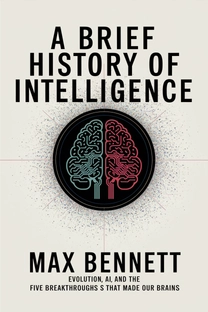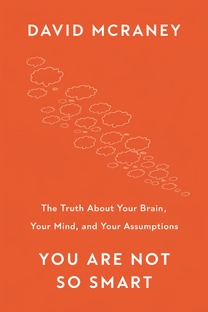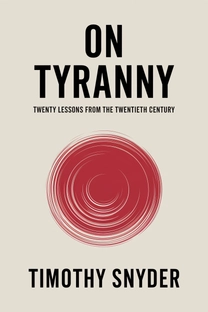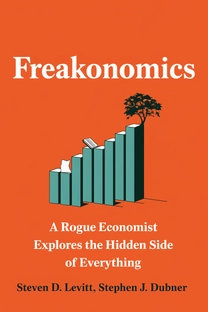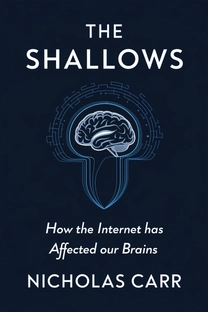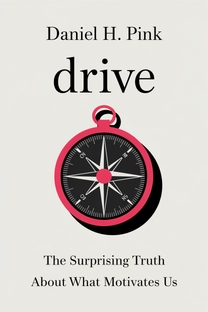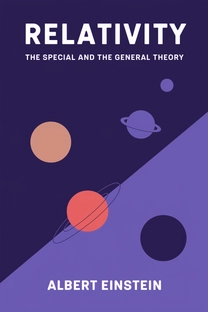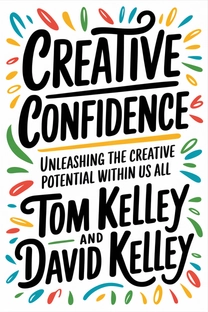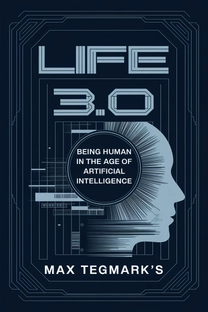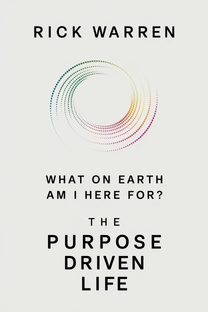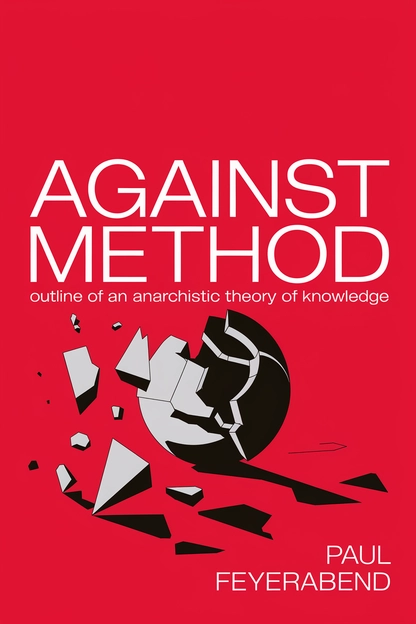
Against Method
Outline of an Anarchistic Theory of Knowledge
by Paul Feyerabend
Brief overview
This book challenges the usual belief that science must follow unchanging rules. By examining how ideas actually develop, it shows that progress often arises from unexpected decisions, cultural influences, and imaginative leaps. Readers can expect to discover why knowledge is shaped not by universal procedures but by creative debate, historical context, and free exploration.
Introduction
Think of all the times you’ve been told that science is purely logical and follows a strict set of steps. This section sets out to show that the story is far more surprising and full of twists. Many great discoveries happened because people broke the rules rather than obeying them.
The author begins by challenging the idea that one method can capture how science actually advances. He points out that what we call “rational” is often shaped by past theories and cultural contexts, making it hard to define stable methods that always apply.
Yet, this is not a book against science itself. Instead, it encourages us to recall how scientific knowledge has repeatedly grown from messy disputes, misunderstandings, and leaps of imagination. Only by accepting the unpredictable paths of real research can we appreciate how breakthroughs emerge.
We start our journey by celebrating the varied ways we learn about the world. From ancient mythologies to modern laboratories, inquiry evolves through trial, error, and daring ventures. This introduction invites you to question old assumptions and explore the notion that discovery thrives where control is loosened.
Why Strict Rules Fall Short
Traditional philosophies of science often propose a single set of guidelines: form hypotheses, test them, confirm or reject. But real scientists frequently ignore these neat steps when faced with tough puzzles. History proves that rigid approaches can stifle creative insights.
One example is how early astronomers sometimes embraced odd or contradictory models for the planets, simply because these rivals exposed hidden gaps in accepted theories. The presence of conflicting ideas pushed astronomy forward more effectively than any tidy rulebook.
By examining such episodes, the book underscores that rules supposed to guarantee “rational” progress have, at times, blocked daring solutions. Innovators who refused to play by those rules often made the real breakthroughs—like challenging geocentrism or rethinking atomic structure.
This doesn’t mean there is no value in having methods. Rather, it highlights that clinging to them too strictly ignores the disorderly, trial-and-error nature of genuine discovery. Progress usually happens on the fringes, where old guidelines are bent or tossed aside.
What is Against Method about?
Against Method: Outline of an Anarchistic Theory of Knowledge by Paul Feyerabend presents a revolutionary perspective on the development of scientific knowledge. Through a vivid exploration of historical and contemporary examples, the book argues that scientific progress doesn't adhere to consistent, strict methodologies. Instead, it evolves through unpredictable pathways informed by cultural influences, unexpected decisions, and imaginative leaps. This compelling account invites readers to reconsider how knowledge is understood and valued.
Feyerabend challenges the conventional wisdom that sees science as a pursuit governed by uniform, unchanging principles. By examining how numerous groundbreaking ideas have arisen from disorder and debate rather than from a linear progression, he demonstrates the role of creativity in shaping our understanding of the world. This book's impact lies in its call for greater openness to chaos and contradiction as catalysts for innovation and progress.
This thought-provoking work emphasizes the significance of anarchy in advancing knowledge, prompting readers to question the rigidity of existing scientific norms. Against Method echoes with the message that discovery emerges where entrenched rules give way to radical ideas, making it an essential read for anyone passionate about the future of scientific inquiry and understanding.
Review of Against Method
Paul Feyerabend's Against Method stands out for its intelligent deconstruction of traditional scientific doctrines. One of the book's notable strengths is its ability to blend historical insight with philosophical critique, compellingly arguing that rigid adherence to established scientific methods can stifle true progress. By illustrating that many historical breakthroughs have arisen from rule-breaking and creative conflict, the book introduces a refreshing perspective on the significance of unpredictability in science.
Readers looking for actionable takeaways will find value in the book's robust examination of how openness to diverse modes of inquiry can facilitate innovation. Feyerabend’s engaging writing style makes complex ideas accessible without losing the depth of analysis, striking a balance between intellectual rigor and reader-friendliness. This accessibility expands the appeal beyond academic audiences to anyone curious about the complexities guiding scientific evolution.
Against Method is especially relevant today, as society grapples with debates about the role of science and its relationship to cultural and political power. Its emphasis on creativity and pluralism is both timely and inspiring, making it a recommended read for educators, policymakers, and curious thinkers who value a nuanced understanding of scientific progress. Feyerabend's call for embracing chaos and contradiction remains an invigorating departure from tradition, fostering an environment of exploration and discovery.
Who should read Against Method?
- **Philosophy Enthusiasts** - Those interested in challenging traditional notions of epistemology and exploring alternative methodologies in science will find this book deeply engaging.
- **Academic Researchers** - Researchers who wish to delve into the complexities and philosophical underpinnings of scientific practices will benefit from the ideas presented in this work.
- **Educators and Students** - As a discussion-provoking text, this book serves as an excellent resource for courses on the philosophy of science, providing fresh insights into the nature of scientific inquiry.
- **Policymakers and Think Tanks** - Those involved in science policy and public discourse may gain a deeper understanding of the cultural and political influences shaping scientific advances.
- **General Readers** - Anyone with a curiosity about the evolution of knowledge and a keen interest in understanding the broader cultural and historical context of scientific practices will find this book enriching.
About the author
Book summaries like Against Method
Why readers love Mindleap
10-Minute Book Insights
Get the core ideas from the world's best books in just 10 minutes of reading or listening.
Curated For You
Discover your next favorite book with personalized recommendations based on your interests.
AI Book ExpertNew
Chat with our AI to help find the best book for you and your goals.
Reviews of MindLeap
Love how I can get the key ideas from books in just 15 minutes! Perfect for my busy schedule and helps me decide which books to read in full.
Alex R.
The summaries are incredibly well-written and the audio feature is perfect for my commute. Such a time-saver!
Jessica M.
Great app for personal growth. The insights are clear and actionable, and I love how they capture the essence of each book.
Chris P.
The app is beautifully designed and the summaries are top-notch. Definitely worth every penny!
Sarah K.


